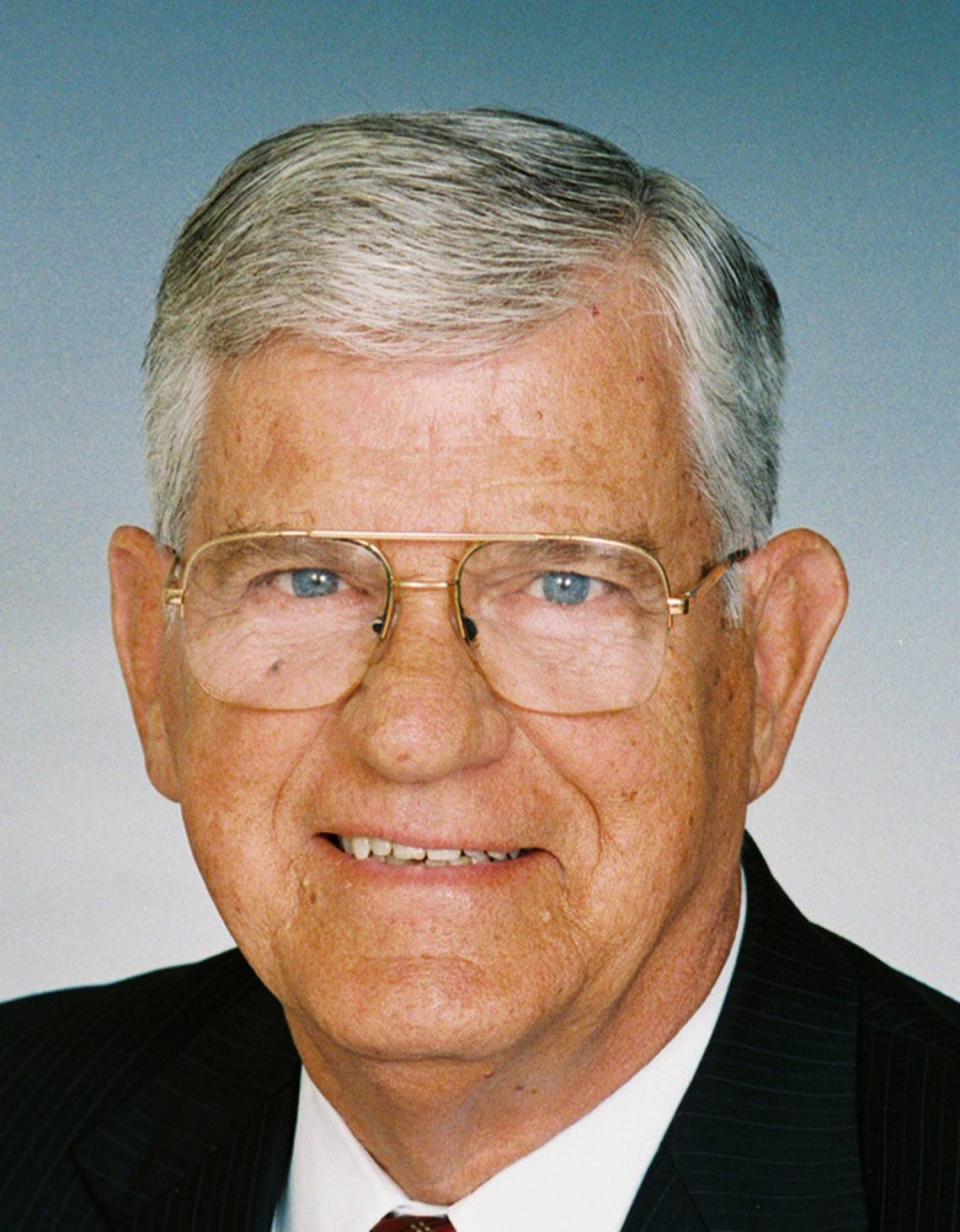College DEI programs can be saved, but they need to change | Opinion
Just as DEI seems poised to die, there are promising signs that its original goals of diversity, equity and inclusion may yet be restored.
Small but influential bands of faculty at Harvard, Princeton, the University of Pennsylvania and the University of Chicago object that DEI’s original appeals to conscience got distorted by zealots whose political agendas were less lofty. These professors are proposing reforms based on lifting up students and faculty from disadvantaged minority backgrounds, without harassing or despising others.

Recent years have seen a colossal failure for corporate and educational institutions where DEI was manipulated into a war against meritocracy and high standards. Corporate leaders soon saw this was counterproductive. Enthusiasts in academia reveled in it. Some saw an irresistible opportunity to exploit those who, for whatever reason, had missed key advantages of nurturing family, sound education and supportive communities of neighbors.
Instead of directing resources to help deserving individuals succeed in fields that had seemed closed to them, DEI got warped into a horrid excuse that they were victimized by others whose success was the unjustifiable result of “privilege,” twisting that word into a curse. Instead of healthy aspirations for these so-called “oppressed victims,” they were made to feel unfairly injured. Their difficulties were attributed to a system that unjustly rewarded rivals, now accused as “oppressors.”
Diversity’s contortion was reinforced with conformity at some schools, as candidates for faculty positions were required to show total allegiance to its divisiveness. Equality of opportunity was transfigured into equal outcomes, as grade inflation qualified too many students to graduate with honors. Inclusion became exclusion, with angry suspicion disrupting the vital unity of teams and the community of scholars.
DEI even provided a substitute religion with its trinitarian dogma, profession of faith and proselytizing fervor. Its priesthood badgered sinners to confess, recant and repent. Catechisms provided convenient guides for virtue signaling. Excommunication awaited dissenters at some schools where thoughts, words and gestures were monitored by young acolytes. How fitting, for the old Latin word for Roman “gods” was “dei.”
Widespread failure of DEI distortions needs a reform movement to revive its fundamental principles. Instead of inciting hatred and class warfare, let’s promote high standards and self-discipline. Instead of blaming lack of achievement on supposedly unfair privileges of others, let’s offer tutoring and encouragement. Instead of rejecting achievers as scorned oppressors, let’s insist that more study time improves subject mastery.
It will take fresh commitment to what DEI was originally proclaimed to mean. Or it can degenerate into defending the indefensible way noble ideals were transmuted into divisive insults.
My alma mater, Davidson College, should help lead this effort to restore diversity, equity and inclusion as worthy, achievable goals, based on trust and personal commitment, not on contemporary infatuation with cynical theories of identity politics. In August, Davidson will welcome its inaugural Vice President for Diversity, Equity and Inclusion. Fresh from a similar position at Dartmouth, Chloe Poston will find an opportunity to redirect emphasis away from the negatives of America’s recent past to positives for the future.
We haven’t met. She may not see the need for deep reform just yet. I can express hope with optimism, since her doctorate is in chemistry, a discipline guided by systematic evidence, not hostile feelings. She shouldn’t be prejudged based on missteps of others.
It won’t be easy to get it right. Experience has shown what works and what doesn’t. If she’s a reformer, willing to take on the partisans, she’ll need support and encouragement from faculty, students, administration, trustees, and yes, even old alumni like me.
Davidson earned distinction as the first private college in the Carolinas to craft its own version of the Chicago Statement, a commitment to freedom of expression. Beyond any ambitions of DEI, diversity of viewpoint is the true measure of freedom, without which no one has real academic diversity, equality of opportunity or useful inclusion. Davidson’s leadership is needed again.
Jim Martin, a Republican, was N.C. governor from 1985-93 and taught chemistry at Davidson College from 1960-72. He is a regular contributor to our pages.


